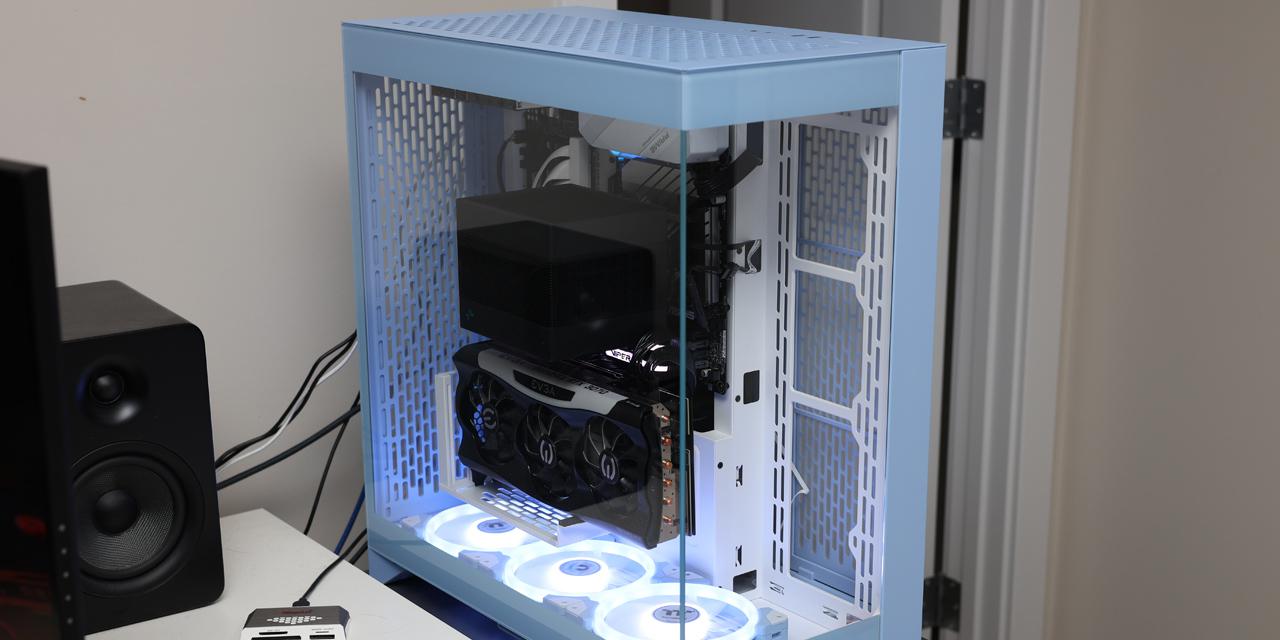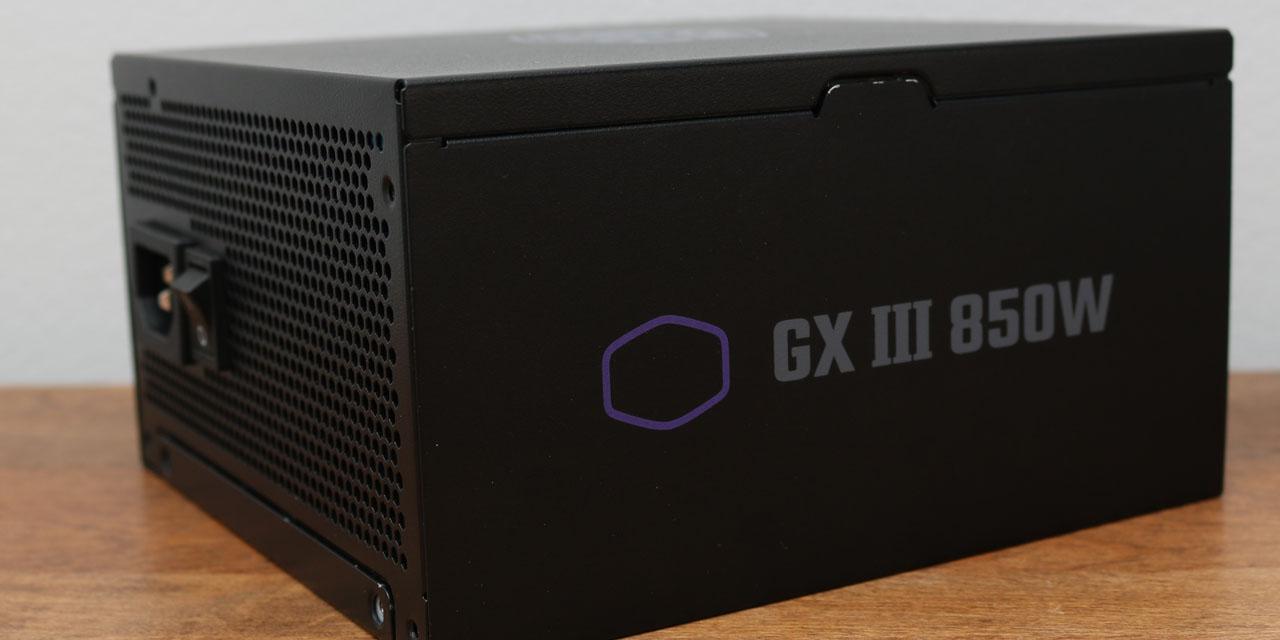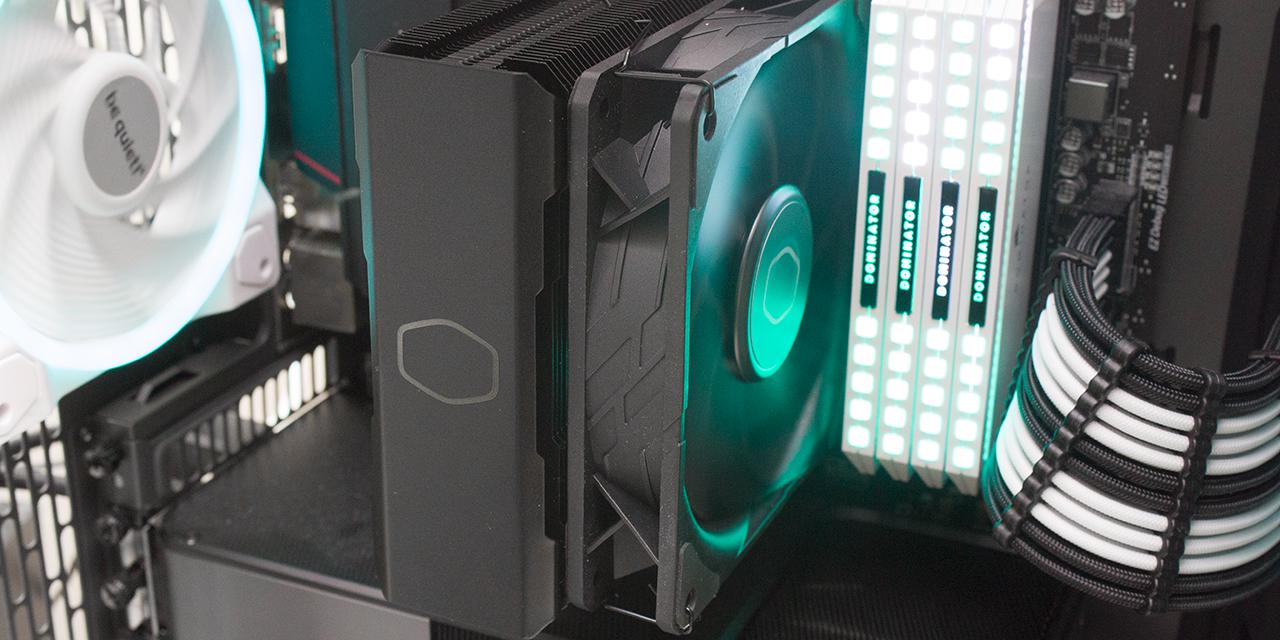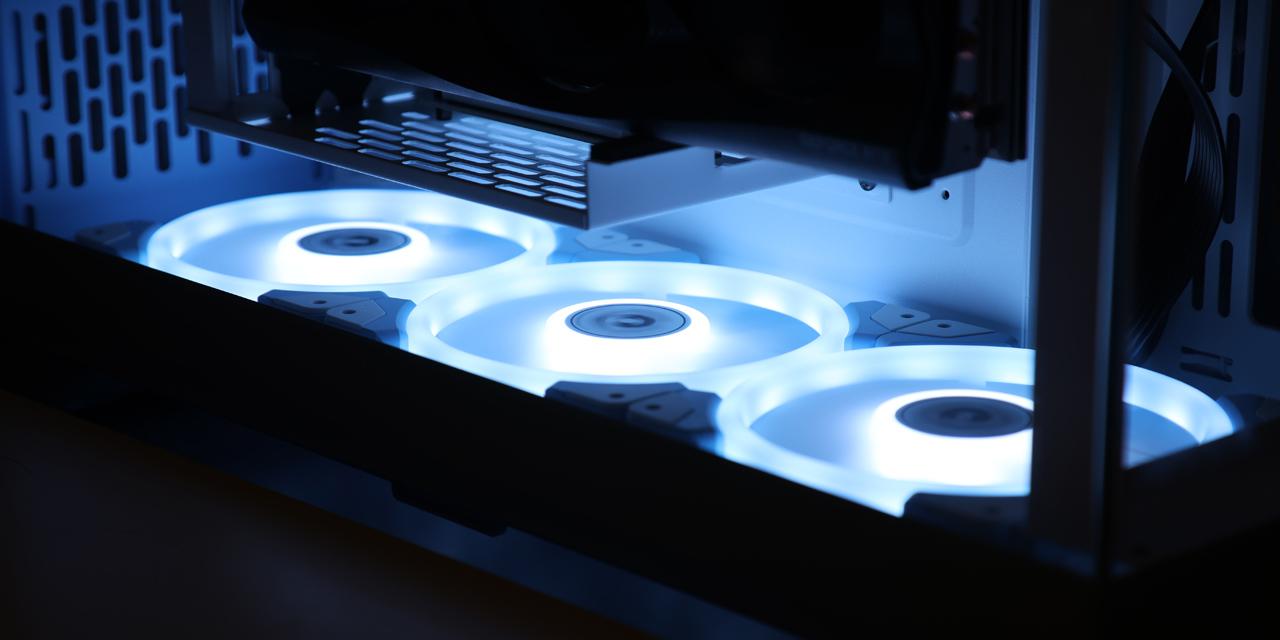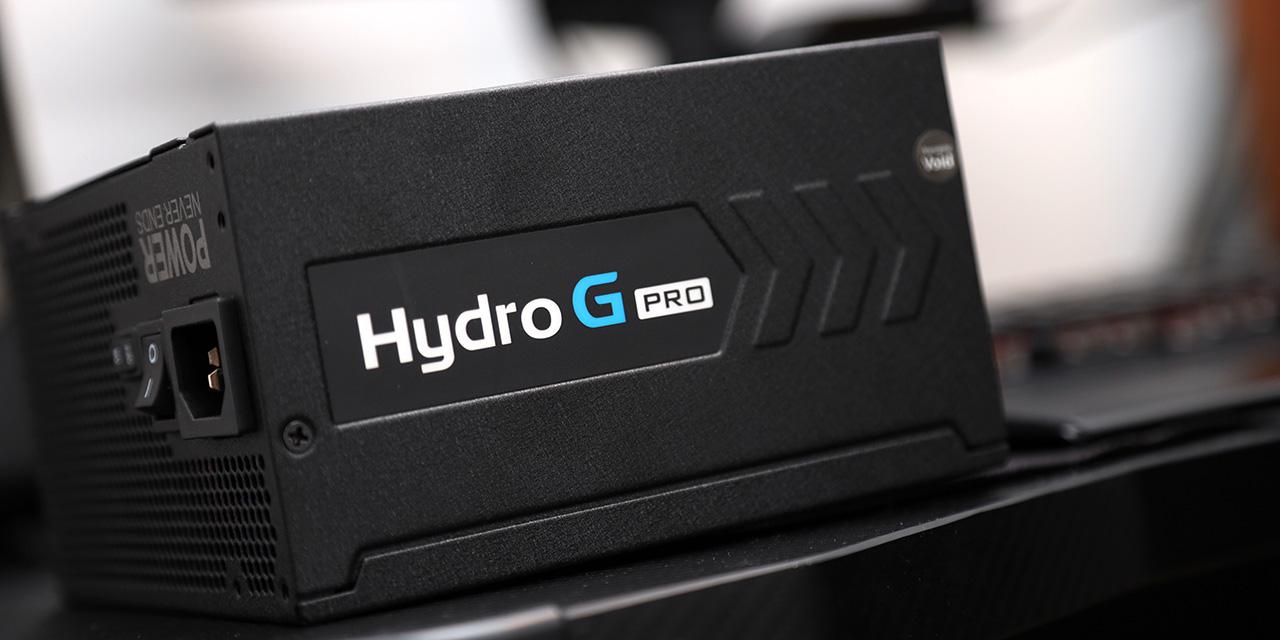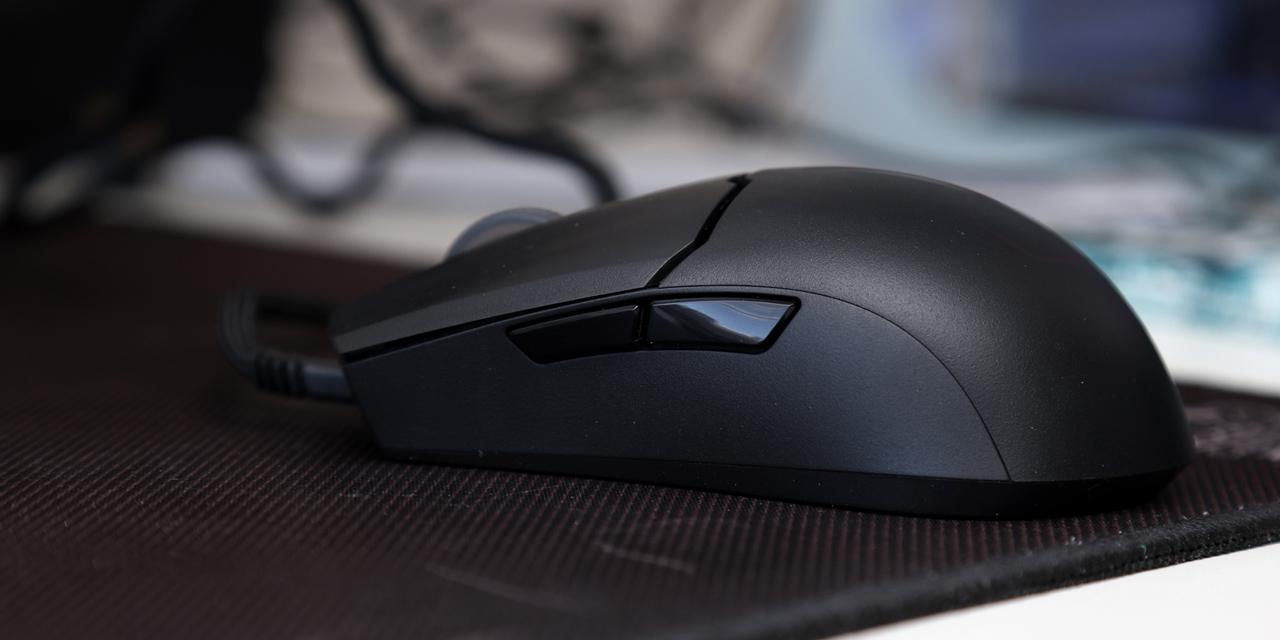|
From DailyTech: Microsoft CEO Steve Ballmer's comment that Windows 8 was his company's most risky endeavor sparked much curiosity. Little is currently known about the upcoming operating system. So why is Windows 8 such a high risk proposition for Microsoft? The answer to that may have come in a newly surfaced slide deck from the Microsoft architectural summit held in London in early April 2010. In the deck Microsoft describes how Windows 8 (referred in the deck as "Windows NEXT") will be the company's first OS to throw the user deep into the world of virtualization. With a traditional OS, maintenance burden is on the user or their hired help. The company writes in the presentation, "[Customers today] see application compatibility issues, they see DLL hell, they see an inability to manage efficiently, they see high costs associated with maintenance and upgrades, they see a relatively short lifespan…..This cannot continue. Customers are increasingly refusing to let this continue." Microsoft's answer is to deploy "native VHD" (virtual hard disk) capabilities with Windows 8 and change its sales model from OS as a service to "desktop as a service" (DaaS). The slides indicate that under Windows 8, user apps and data will be "treated as cached entities and synchronized with an appstore and 'user state store'". The approach has definite advantages. Microsoft could remotely fight malware and fix compatibility issues as they occurred, rather than trying to update OS installations after trouble occurs. And if a user lost their laptop, they wouldn't lose access to their installed programs and data. View: Article @ Source Site |
 |
Slides Reveal That Windows 8 May go Fully Virtualized
© Since 2005 APH Networks Inc. All trademarks mentioned are the property of their respective owners.
